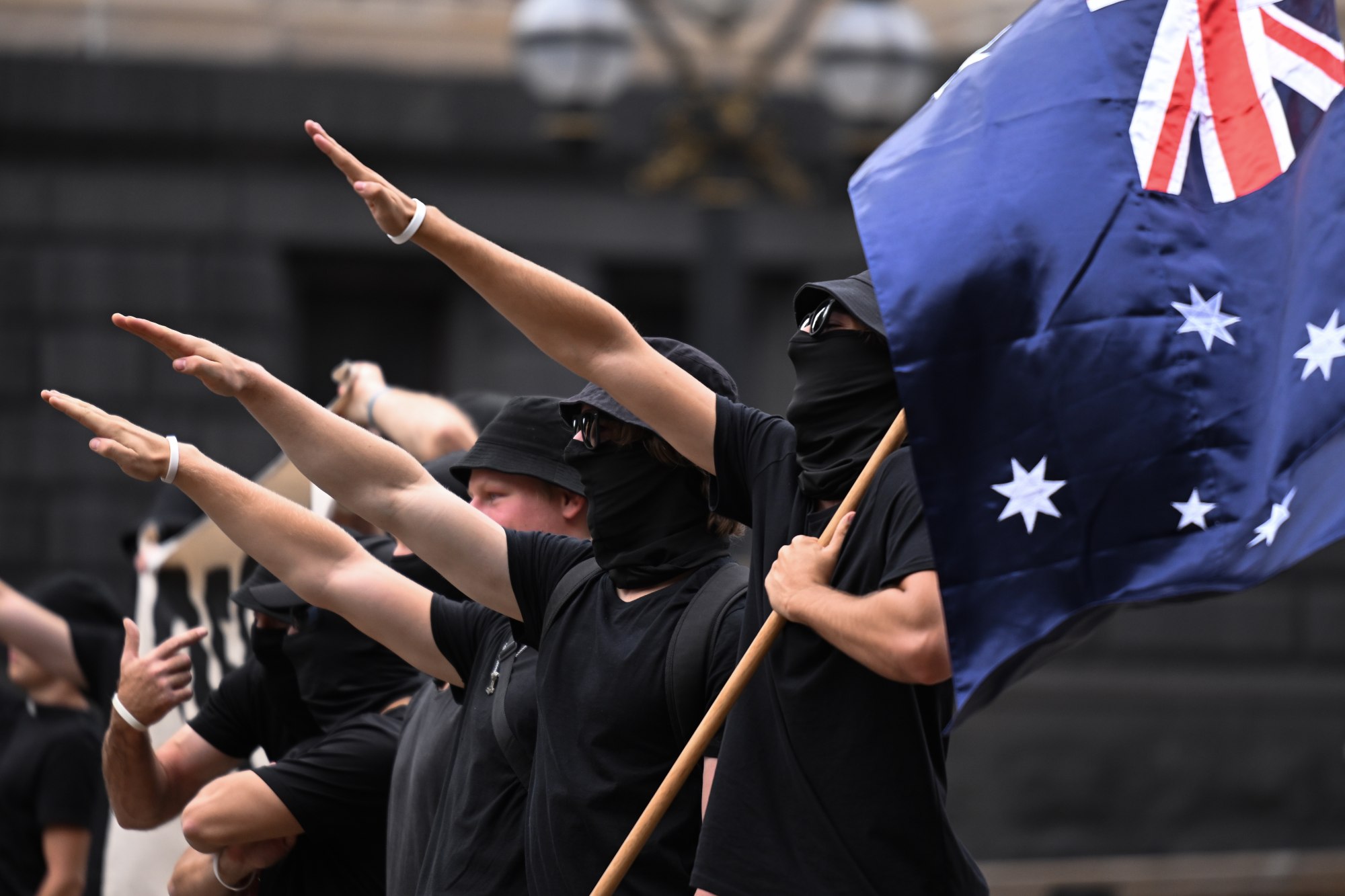It’s ironic that Australia commemorated “Harmony Day” this week.
Dreamed up 24 years ago by the Howard government as a local version of the International Day for the Elimination of Racial Discrimination (IDERD), it’s supposed to be a celebration of diversity, respect and belonging.
Yet there’s been much disharmony in Australia of late, and not just in regards to racial discrimination.
For most of this week, and last, the country was preoccupied with Aukus and warmongering, after it was revealed that Canberra had agreed to pay up to A$368 billion (US$246 billion) to the US for a fleet of nuclear-powered submarines.
Aukus – the three-way security tie up between Australia, the US and Britain – was sold to the public as a regional peacekeeping plan, though some fear it’s squarely aimed at China and represents a slippery slope towards an arms race.
Perhaps not so coincidentally, Australia’s mainstream press churned out a series of “red alert” warnings in the days leading up to last week’s Aukus announcement, shrieking about a war with China within the next three years.
But what is this all for? War prophecies from so-called experts have come and gone before, and are beginning to sound more like doomsday conspiracy theories.
If the threat is real, and it may well be, why isn’t the government issuing the warnings rather than a hysterical media? And why the need for all the pomp and circumstance of Aukus?
It’s beginning to feel a lot like the weaponised political machinations of 1997 film Wag the Dog.
More than anything else, war warnings scare the crap out of ordinary Australians, who were never asked if they were OK with their tax dollars being spent on massively expensive submarines that won’t even be ready in time if alarmist forecasts of an “imminent” war should come true.
“Aukus brought to the fore the cultlike anti-China rhetoric that had already been circulating in Australia’s mainstream press for years”
There were also far cheaper alternatives which would have done just as good a job of defending Australia.
Aukus brought to the fore the cultlike anti-China rhetoric that had already been circulating in Australia’s mainstream press for years, raising questions about the ethics of the country’s media.
Many peace-loving Australians rightly condemned the “red alert” warnings as outright propaganda, unleashed on what the publications involved must surely think is a naive public. Former Prime Minister Paul Keating blasted the two newspapers for being “without integrity” on national television last week – a takedown that a member of local media I know described as “deliciously cathartic”.
The demonisation of China continues to give racists ammunition, fuelling attacks on Chinese-Australians. Logical debate is shut down with bullying taunts of being an “apologist”, “sympathiser” or “appeaser”. This is a threat to all Asian-Australians, as few bigots can tell the difference between diasporas.

Neo-Nazis holding the Australian flag pictured at a protest in Melbourne on March 18
This week, Malaysia-born Australian MP Sam Lim recounted how he was told to “go back to China” while campaigning for his seat, telling parliament: “words cut deep.”
West Australian MP Pierre Yang, who was born in China, also publicly spoke this week about the dehumanising effect of the slur “Chinaman”.
Asian-Australians may start to wonder, harder than they were already: “if I don’t get a job, lose a business deal or aren’t invited to lunch, is it all because of my ancestry?”
As the Australian Human Rights Commission has pointed out, rebranding IDERD as Harmony Day was an attempt to sweep decades of racial discrimination under the rug, which “contributed significantly to the denial of racism that continues to characterise Australia today”.
It hides the true extent of racism, according to the Organisation for World Peace, and “almost serves to gaslight the Australian population”.
As I see it, there’s been little harmony in Australian society and public discourse of late.
Source : SCMP


